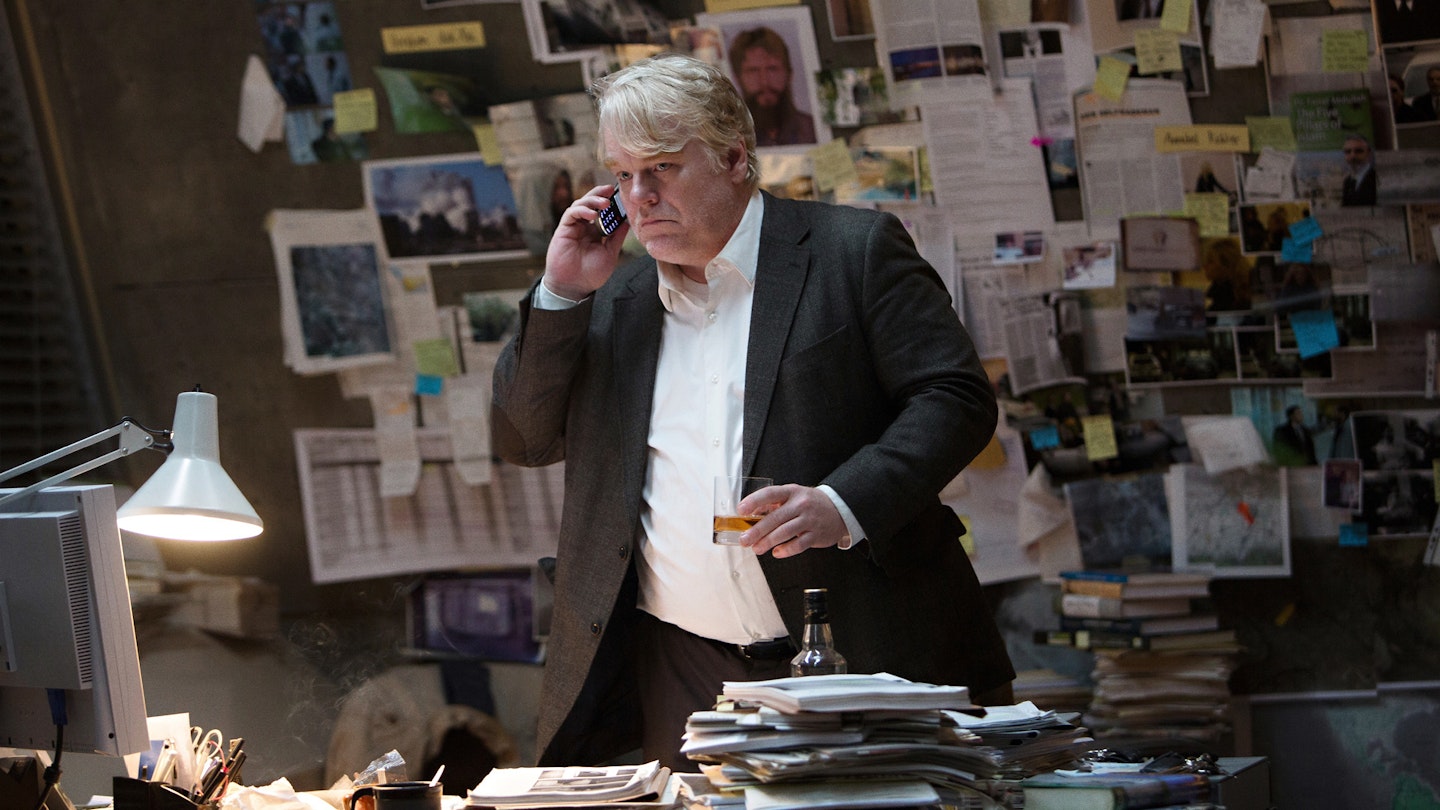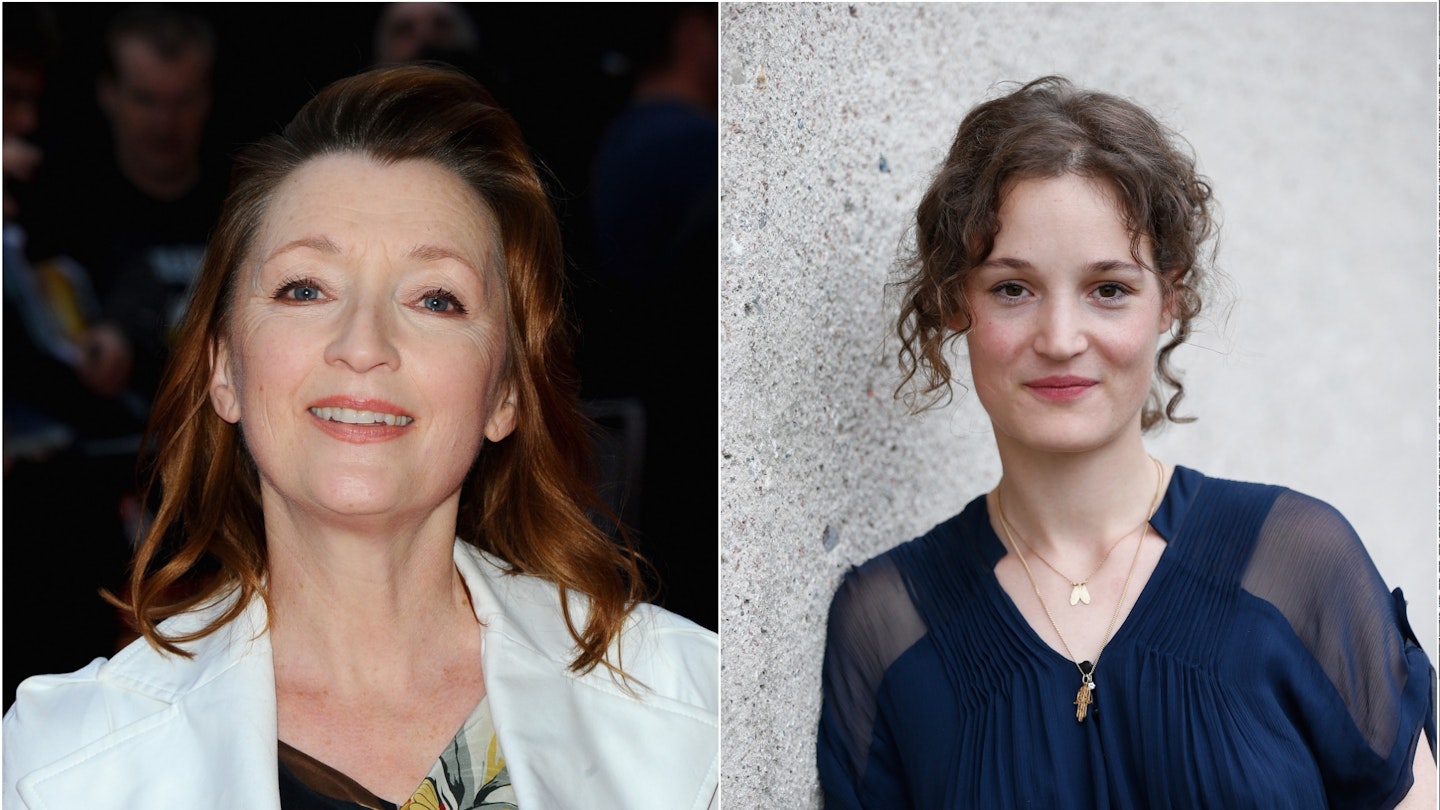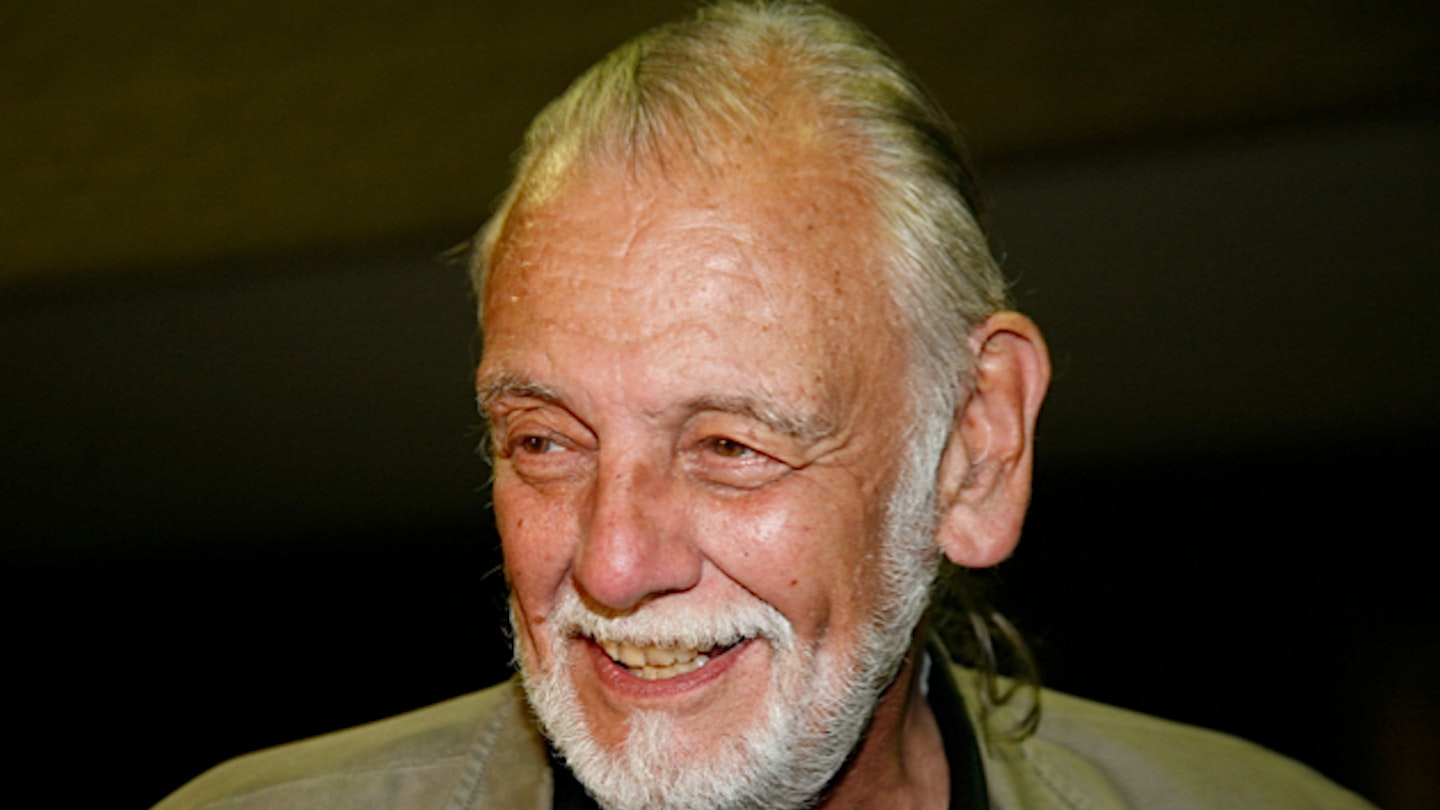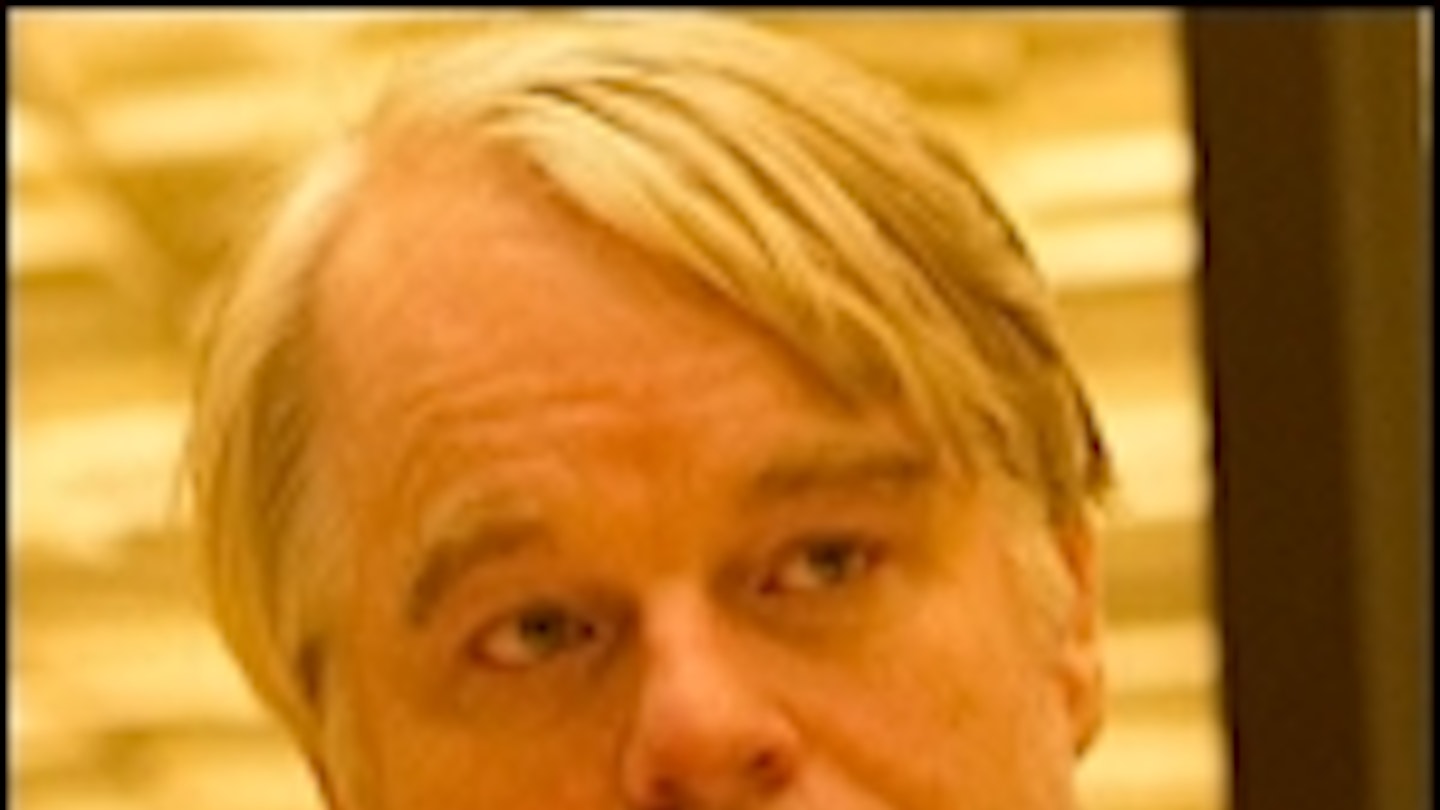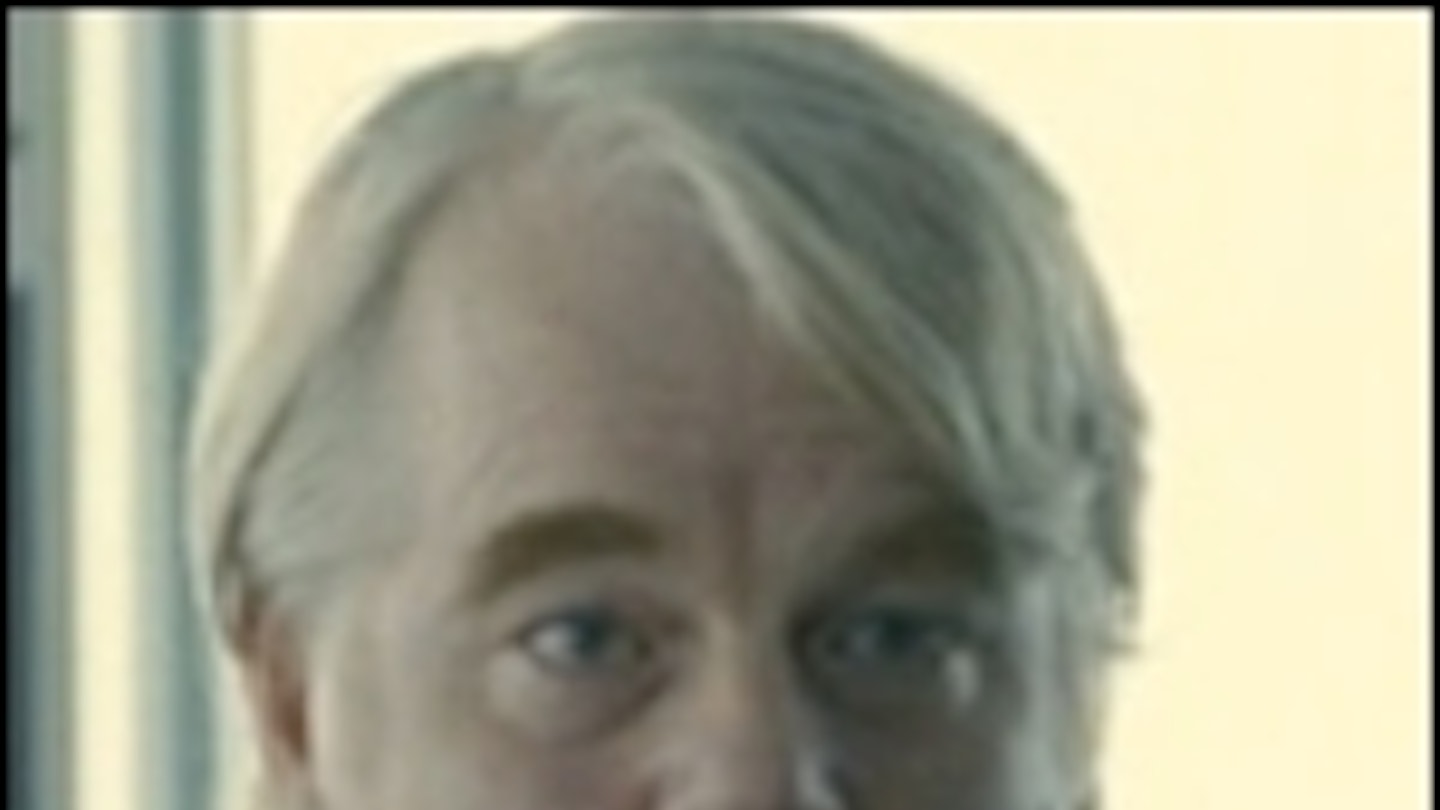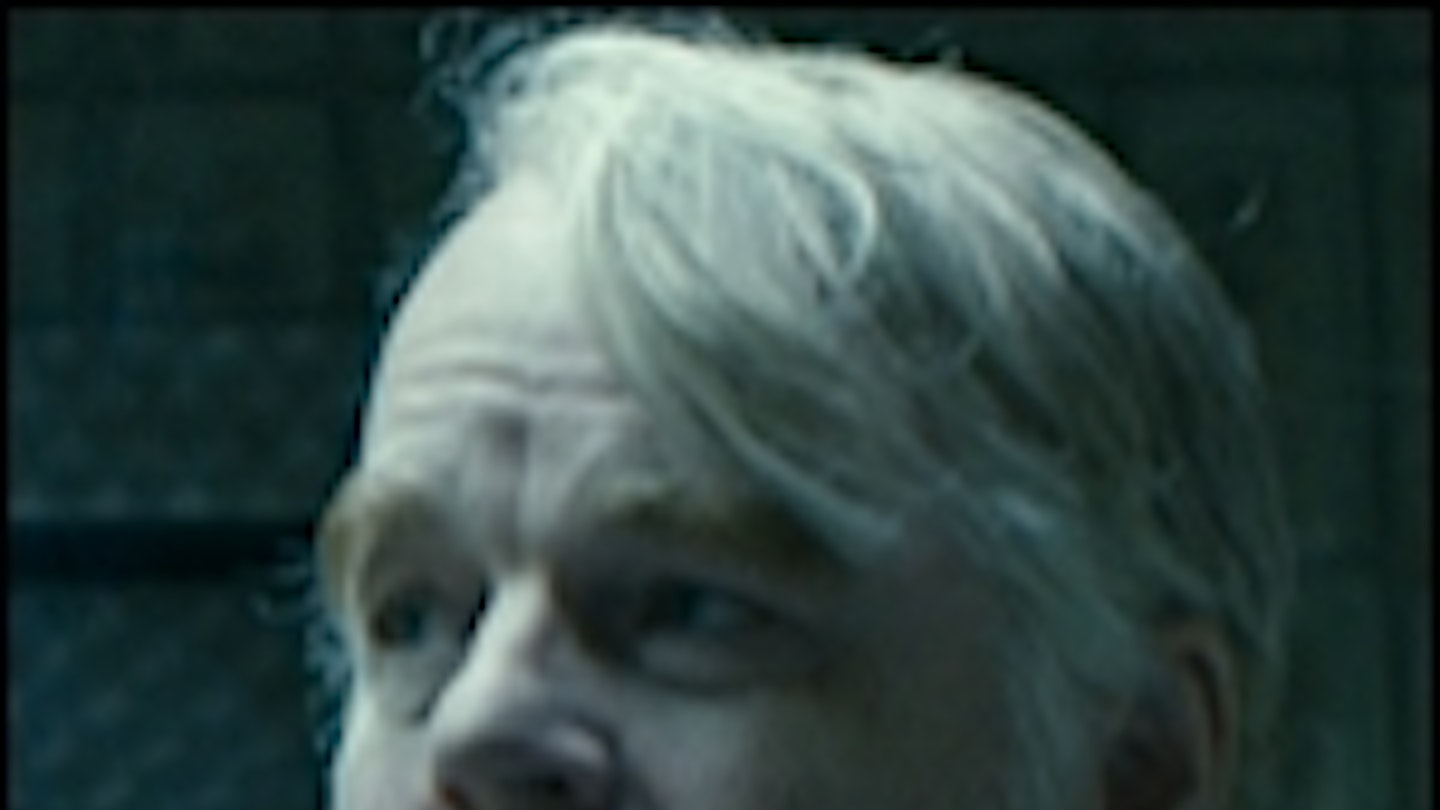Adapted from John le Carré’s recent novel, directed by U2 house photographer-turned-director Anton Corbijn, and featuring Philip Seymour Hoffman in one of several swansongs, there is no doubt this is an intelligent, vividly performed thriller-cum-scabrous portrait of post-9/11 counter-terrorist methods. Why, then, does it fail to stir the blood?
Perhaps it is the change of tack. Where the novel led with middle-aged banker Tommy Brue’s (Willem Dafoe) spiritual awakening, stirred by his infatuation with lawyer Annabel Richter (Rachel McAdams) — now a subplot — the film puts Hoffman’s weary spy Günther Bachmann front and centre. This jettisons the book’s wounded romanticism for a hard-hearted procedural of contemporary espionage and realpolitik.
The intention is classically le Carré — to glimpse into the amoral head of an embittered spymaster. In another miraculously detailed performance, Hoffman creates in Bachmann a Germanic George Smiley. Clinging to a cigarette or a tumbler of whisky, the late actor perfects a louche, unkempt sorrow in this edgy spook working to some unspecified notion of the greater good, while trying to use a stray Chechen (Mehdi Dehbi’s drippy refugee) to snare a wealthy Arab intellectual.
The film is almost a one-man show. The rest of its unsmiley people serve as Hoffman’s sparring partners, with only Robin Wright, bringing smooth magnetism to a black-haired CIA Medusa, and Nina Hoss, striking as Bachmann’s brilliant lieutenant, standing up to him.
Corbijn has a terrific eye for a steely, urban Northern Europe beauty that fits right in with the trendy Nordic noir vibe. But as with The American, he also has a bad habit of letting his arty ambience drift into a glum listlessness. The plot can’t seem to muster any urgency, any thrills. Everything seems darkly inevitable. There has been brimstone anger to later le Carré at Western espionage malpractice, but the film’s cheerless revelations leave you numb rather than shocked.
